News
-
 Math
MathHere’s why we care about attempts to prove the Riemann hypothesis
The Riemann hypothesis could hold the key to understanding prime numbers.
-
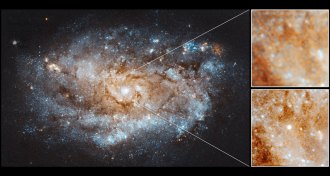 Astronomy
AstronomyAstronomers may have spotted the birth of a neutron star
Scientists say they’ve witnessed a type of neutron star called a pulsar being born in the wake of a massive supernova for the first time.
-
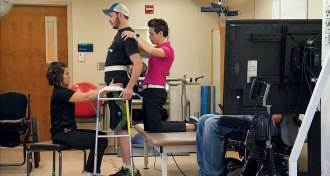 Neuroscience
NeuroscienceA paralyzed man makes great strides with spinal stimulation and rehab
Researchers find success at restoring movement to paralyzed legs, giving hope to people with paraplegia.
-
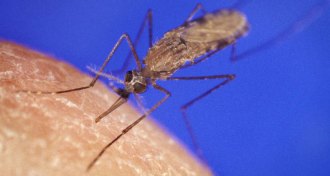 Genetics
GeneticsIn lab tests, this gene drive wiped out a population of mosquitoes
For the first time, a gene drive caused a population crash of mosquitoes in a small-scale test.
-
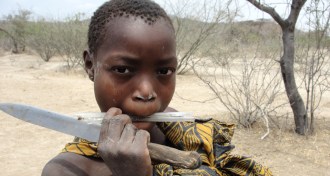 Anthropology
AnthropologyThe way hunter-gatherers share food shows how cooperation evolved
Camp customs override selfishness and generosity when foragers divvy up food, a study of East Africa’s Hazda hunter-gatherers shows.
By Bruce Bower -
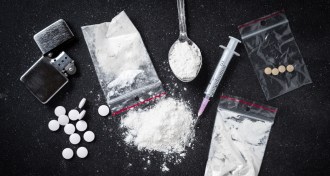 Health & Medicine
Health & MedicineDrug overdose deaths in America are rising exponentially
Tracking rising numbers of deaths from a variety of drugs over the past 38 years shows that it isn’t just an opioid problem.
-
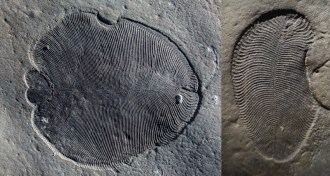 Paleontology
PaleontologyCholesterol traces suggest these mysterious fossils were animals, not fungi
Traces of cholesterol still clinging to a group of enigmatic Ediacaran fossils suggests the weird critters were animals, not fungi or lichen.
-
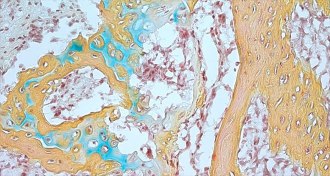 Life
LifeHumans have skeletal stem cells that help bones and cartilage grow
Human skeletal stem cells have been found for the first time.
-
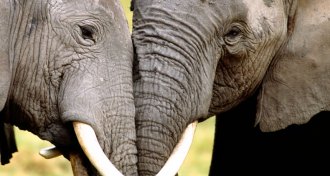 Life
LifeDNA from seized elephant ivory unmasks 3 big trafficking cartels in Africa
Scientists can sleuth out wildlife crime and aid law enforcement by tracing elephant DNA from ivory seizures back to the source.
-
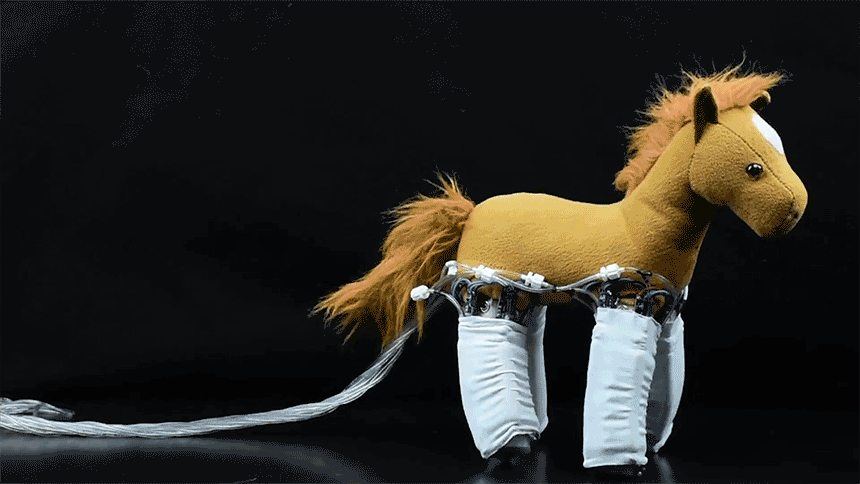 Materials Science
Materials ScienceHigh-tech ‘skins’ turn everyday objects into robots
Robotic skins turn inanimate objects into multipurpose machines.
-
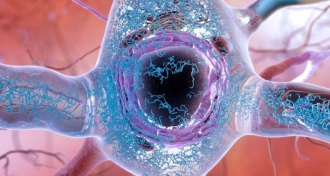 Neuroscience
NeuroscienceOver-the-hill cells may cause trouble in the aging brain
Killing dormant cells in the brains of mice staved off memory trouble.
-
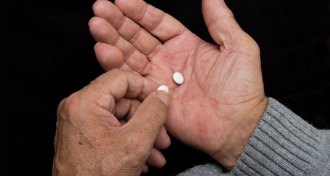 Health & Medicine
Health & MedicineDaily low-dose aspirin is not a panacea for the elderly
Healthy elderly adults don’t benefit from a daily dose of aspirin, according to results from a large-scale clinical trial.